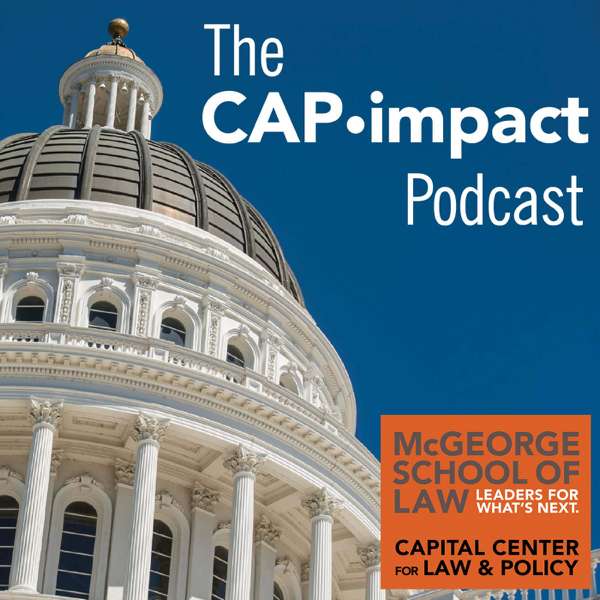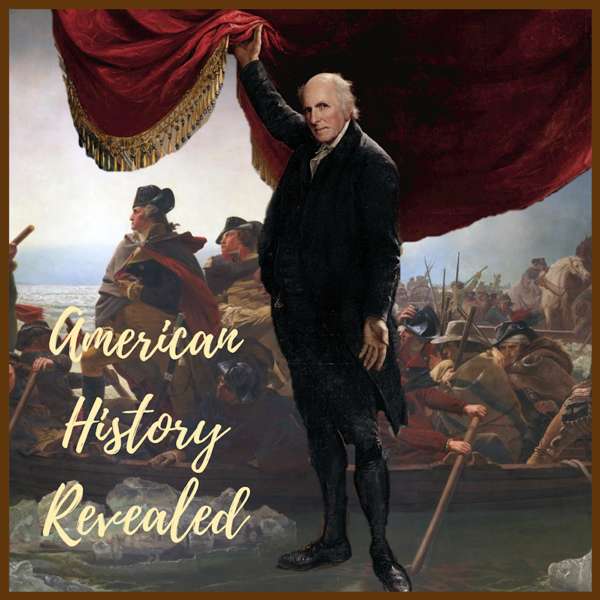In this powerful episode of "Talk Of The County," host Kenneth Wilson leads an insightful conversation on Black history and the evolution of the civil rights movement with eminent guests Dr. Hasan Jeffries and Kevin Boyce. The discussion probes into the educational disparities, media influences, and social justice activism in the context of Black history.
Dr. Jeffries sheds light on the uneven understanding of civil rights history across different regions, pinpointing the underlying issues of racism and inequality that persist in Ohio. The panel talks about systemic racism and its increased visibility amongst students, particularly following the George Floyd protests in 2020. Dr. Jeffries emphasizes the significance of grassroots movements and the role of everyday people in shaping civil rights activism, which is often overshadowed by the media's portrayal.
A poignant segment of the conversation delves into how the media historically treated Martin Luther King Jr. and Malcolm X, discussing the complexities of their representations. After King's assassination, Dr. Jeffries notes a shift in public opinion that led to a sanitized narrative that conformed to the status quo, often glossing over King's message of economic and social justice.
Kenneth Wilson turns the spotlight on the media's power in crafting historical narratives, influencing how racial issues are perceived, and the dynamic nature of racism. Guest Kevin Boyce, while sharing his personal experience of being maced during protests, acknowledges a new era in American history marked by George Floyd's death.
The dialogue then broadens to cover the significance of diversity, equality, and inclusion in society. Boyce stresses the need for fair opportunities based on qualifications, not identity, advocating for a more just and equitable world.
Throughout the conversation, Boyce and Dr. Jeffries acknowledge recent social upheavals that have generated fresh opportunities while meeting resistance from beneficiaries of the existing power structures. The episode also explores the polarizing political landscape post-Obama's presidency, the backlash from the MAGA movement, and the politicization of the Tea Party.
The 2010 midterm elections come under scrutiny as a critical juncture influencing the current political atmosphere. The guests discuss the sense of neglect felt by Black men within traditional political ideologies, leading some towards far-right allegiances. They stress the importance of organization and setting tangible expectations for political change, highlighting the community's overemphasis on the mere act of voting.
COVID-19's impact on exacerbating health disparities and emphasizing the necessity for minority business loans is also broached. Boyce and Dr. Jeffries speak on the ongoing struggle for racial health equality, tracing its roots back to previous civil rights and black power movements.
Kevin Boyce, discussing voting's significance, likens it to preparing ingredients for cookies – essential but requiring patience and commitment. He urges for a collective black political agenda, emphasizing electoral participation for influencing government decisions.
As the conversation progresses, the topic of homeownership, education, and community engagement surfaces, framed as success ingredients and preparations for seizing opportunities. Dr. Jeffries discusses the diminishing prospects for the younger generation in the wake of student debt and limited job opportunities.
Both guests lament the exploitation of fear and racism in politics, pointing out its dangerous application from border crises to negative ad campaigns. Special attention is given to barbershops and beauty shops as influential community hubs for discourse and collective decision-making.
The episode wraps up with reflections on personal growth and the importance of inclusivity. Dr. Jeffries and Boyce highlight the power of each vote by citing significant electoral impacts such as the loss of a Senate candidate in Wisconsin due to a narrow margin. Dr. Jeffries advocates open-mindedness towards difficult truths to incite change at various societal and personal levels.
Commissioner Boyce shares his experience as the first African American county commissioner in Franklin County, emphasizing the potential for change that such positions hold and the importance of his legacy. The increase in African American county commissioners since 2016 is celebrated, pointing to progress in representation.
The topic of mentorship is detailed as crucial for the advancement of underrepresented groups, illustrating that mentors come in various forms and that such relationships can profoundly impact professional and personal development.
Top Takeaways
1. Education on Civil Rights: The significance of regional differences in the understanding of civil rights history and the importance of comprehensive education to address racism and inequality in society.
2. Media Representation: The impact of media portrayal on public perception of civil rights leaders like Martin Luther King and Malcolm X, including the oversimplified narratives that often overlook their radical and complex legacies.
3. The Evolution of Social Justice: The shifting nature of racism and the need for continuous dialogue about racial issues, especially in light of the recent resurgence of racial justice movements such as those following George Floyd's death.
4. Diverse and Inclusive Practices: The imperative for diversity, equality, and inclusion in all areas of society, and the responsibility of organizations to provide equal opportunities based on merit rather than identity.
5. Political Engagement: The critical role of voting in societal change, but also the importance of organizing, setting realistic expectations for political change, and holding elected officials accountable after elections.
6. Community and Organizational Influence: The power of community gathering places like barbershops and beauty shops as focal points for discussion, decision-making, and political organization.
7. Every Vote Counts: The tangible impact that even a small percentage of the electorate can have on election outcomes and the importance of civic participation.
8. Visibility and Representation: The increase of African American representation in roles such as county commissioners and the value of breaking new ground to pave the way for future leaders.
9. Mentorship Matters: The importance of mentorship in providing guidance and opportunities for individuals from diverse backgrounds, with an emphasis on support and visibility as pathway creators.
10. Community-Level Change: Encouragement for everyday people to become active participants in creating change, whether it be through mentorship, local politics, or small acts that contribute to a more inclusive and just society.
Memorable Moments
00:00 Regional differences in civil rights education impact students.
10:02 Dr. King focused on poverty and equity.
12:37 Dr. Jeffries discusses media shaping history.
16:51 Success is about equality, opportunities and change.
22:42 New chapter brings progress and opposition.
28:43 Identified with parties, both guilty of issues.
35:20 Prepare and commit for successful outcomes.
41:52 Reduced future opportunities for children due to debt.
46:01 Many people aggressively support conservative immigration reform.
51:52 Reflections on being the first black man in office.
58:19 Different mentorship models: visibility, career navigation important.
59:45 Mentorship is crucial; anyone can be one.
talkofthecounty@franklincountyohio.gov
Copyright 2026 Franklin County Board of Commissioners
Music from #Uppbeat (free for Creators!):
https://uppbeat.io/t/soundroll/tropicana
License code: 6VVAVEFBZTQOL3AW

 Our TOPPODCAST Picks
Our TOPPODCAST Picks  Stay Connected
Stay Connected







